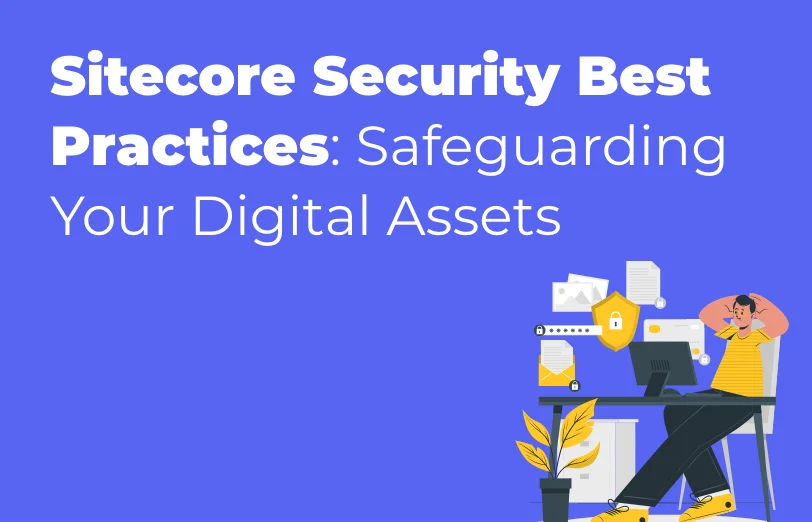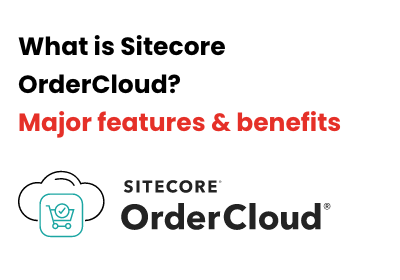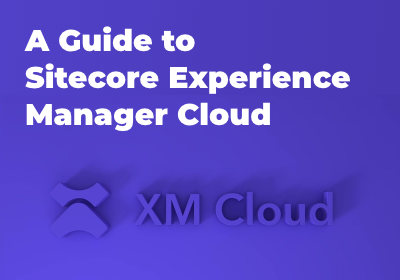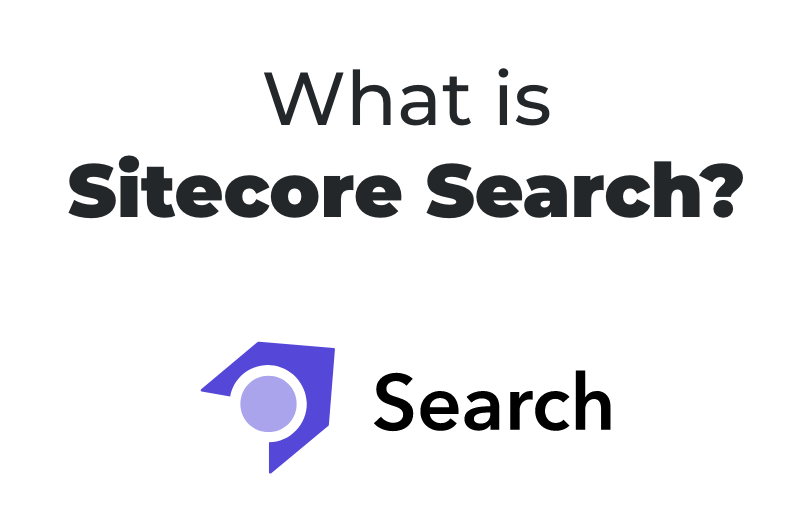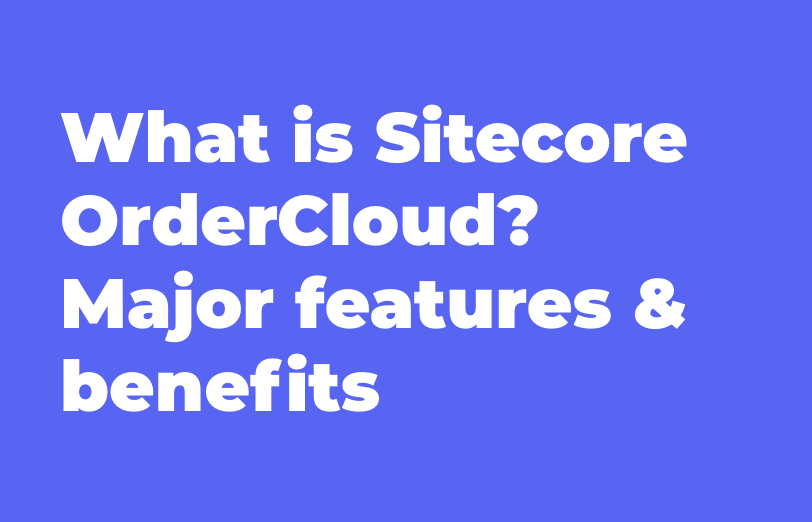Need An Accurate Estimate For Your Sitecore XM Cloud Migration Project? Kickstart Your Journey Here!
Get My EstimateToday in the era of technological advancements, data breaches and cyber threats are on the rise. Ensuring the security of your digital assets has become vital. Safeguarding information and data against unauthorized access, data breaches, and other security risks is essential.
In this article, we will delve into some of the best practices for security that you can follow through Sitecore CMS development services that will help you fortify your digital assets.
Sitecore employs a role-based security model, where you can have access to resources and functionalities within the system and it is controlled based on user roles and permissions.
Users are assigned to roles, and each role is granted specific permissions to perform actions within the system. Additionally, Sitecore provides various security features and configurations to enhance the overall security posture of your implementation.
Let us understand the features and processes of Sitecore Security.
Authentication and authorization
Authentication verifies the identity of users accessing the system, while authorization determines what actions users can perform. Sitecore supports various authentication mechanisms, including username/password authentication, Active Directory integration, and OAuth authentication.
By implementing strong authentication mechanisms and following the principle of least privilege, you can ensure that only authorized users have access to your Sitecore instance and its resources.
Encryption and data protection
Data encryption is important to protect sensitive information stored within your Sitecore instance, such as user credentials, personal data, and proprietary content. Sitecore provides built-in encryption capabilities for securing data at rest and in transit.
By encrypting sensitive data using strong cryptographic algorithms and key management practices, you can mitigate the risk of data breaches and unauthorized access to your digital assets.
-
Implement Strong Authentication Mechanisms
Ensuring strong authentication mechanisms is the first line of defense against unauthorized access to your Sitecore instance. You should consider implementing multi-factor authentication (MFA) to add an extra layer of security beyond traditional username and password authentication.
Sitecore supports integration with various authentication providers, including Active Directory and OAuth, allowing you to leverage existing identity management systems for authentication.
-
Keep Sitecore Up to Date
Regularly updating your Sitecore instance to the latest version is essential for maintaining a secure environment. Sitecore releases periodic updates and patches to address security vulnerabilities and enhance platform stability.
By staying up to date with these releases, you can ensure that your instance is protected against known security threats and exploits.
-
Follow Least Privilege Principle
Adhering to the principle of least privilege is crucial for minimizing the risk of unauthorized access and data breaches. You must grant users only the permissions necessary to perform their designated tasks within the system.
You must also avoid granting excessive permissions or assigning users to overly permissive roles, as this increases the likelihood of privilege escalation and misuse of privileges.
-
Secure Sitecore Configuration
Review and secure the configuration of your Sitecore instance to mitigate potential security risks. Ensure that sensitive information such as connection strings, API keys, and encryption keys are stored securely and are not exposed in configuration files. Utilize encryption to protect sensitive data stored within the Sitecore databases and configuration files.
-
Enable Security Hardening Features
Sitecore offers various security hardening features that can help enhance the security of your implementation. Enable features such as request validation, anti-CSRF tokens, and XSS protection to mitigate common web application security vulnerabilities. Additionally, you may consider implementing security headers such as Content Security Policy (CSP) to control the behavior of web browsers and prevent malicious attacks.
-
Monitor and Audit System Activity
You can implement robust logging, monitoring, and auditing mechanisms to track system activity and detect potential security incidents. Regularly review logs and audit trails for suspicious behavior or unauthorized access attempts.
Utilize tools and solutions for intrusion detection and real-time threat monitoring to identify and respond to security threats promptly.
-
Conduct Regular Security Assessments
Performing regular security assessments and penetration testing to identify vulnerabilities and weaknesses in your Sitecore implementation can really help the process. Also, engage with security professionals or third-party security firms to conduct thorough assessments and penetration tests to uncover potential security flaws.
By implementing the best practices outlined, you can enhance the security of your digital assets and mitigate the risk of unauthorized access, data breaches, and other security threats.
With these comprehensive best practices, you're well-equipped to safeguard your Sitecore implementation and protect your valuable digital assets from security threats.
Want to improve your Sitecore platform? Get a free audit now!

 About Us
About Us
 Careers
Hiring
Careers
Hiring
 Our Story
Our Story
 Let’s talk
Let’s talk






